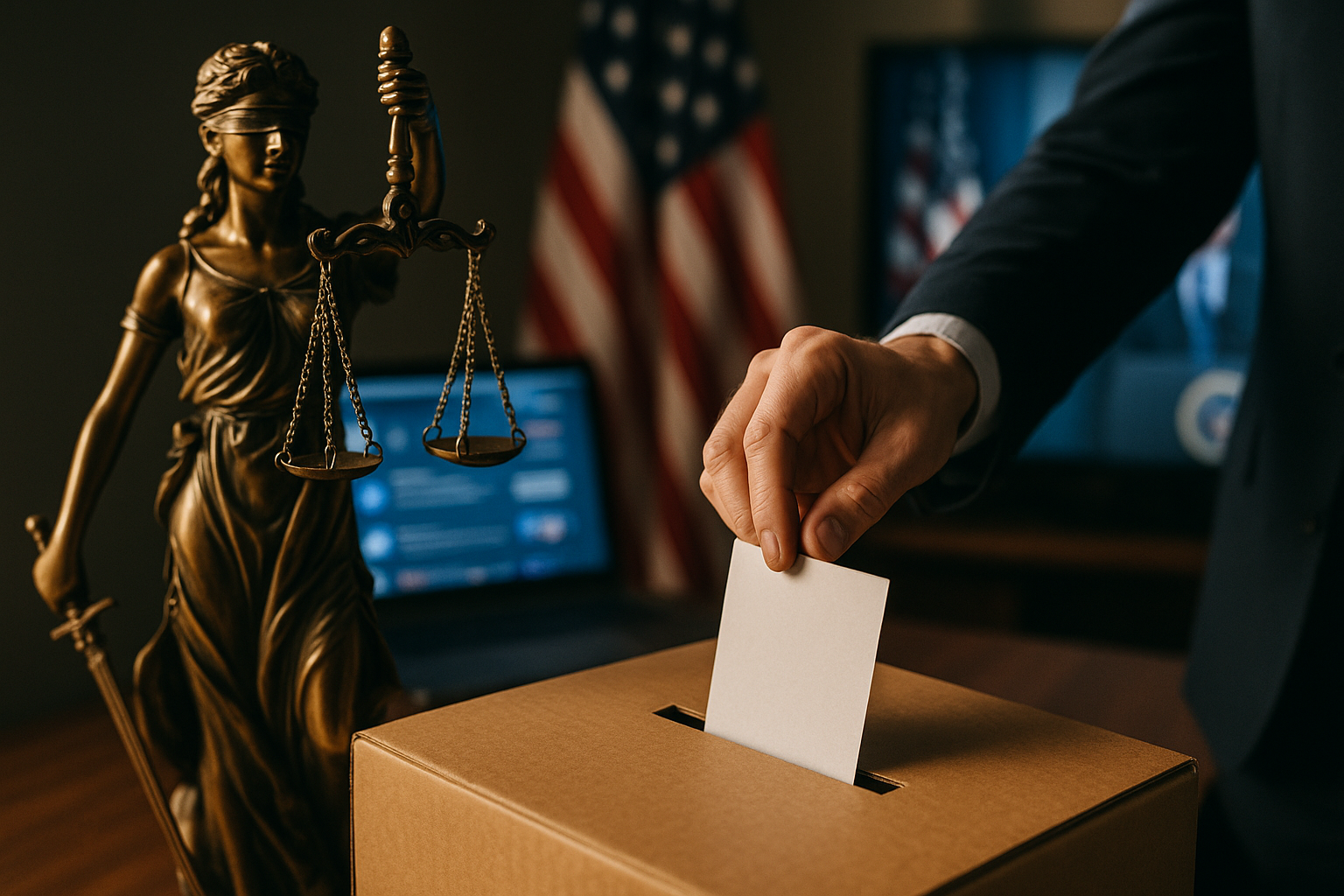Shaping the Future of Democracy: The Influence of Technology on Election Laws
The intersection of technology and election laws has emerged as a crucial point of discussion in recent years. As digital platforms continue to reshape our lives, it's vital to understand how they are transforming the democratic process and the laws that safeguard it.

A Historical Perspective
The relationship between technology and election laws has a significant history. The advent of radio and television, for instance, revolutionized election campaigns, prompting legislative changes to ensure fair broadcasting practices. The Federal Communications Commission’s equal time rule, passed in 1934, is a perfect example of this response. It mandates that broadcast stations must provide equal airtime opportunities to all legally qualified political candidates.
The Digital Age: A New Frontier
Fast forward to the present day, the rise of the internet and social media has created a new frontier for election laws. The scope of these platforms has necessitated updated regulations to prevent manipulation and misinformation. The Honest Ads Act, introduced in the U.S in 2017, sought to extend campaign advertising disclosures to digital platforms, underscoring the need for transparency in this age of digital politics.
Implications of Technology on Election Laws
The implications of technology on election laws are manifold. On one hand, it democratizes political discourse, allowing more voices to be heard. On the other, it raises concerns about misinformation, privacy, and foreign interference. Addressing these issues requires a delicate balance – laws must protect the integrity of elections without stifling free speech or innovation.
Impact on Society
The impact of technology-driven changes in election laws is far-reaching and transformative. They shape how citizens engage with the democratic process, how campaigns are conducted, and how the very fabric of our democracy evolves. In essence, these changes are not just about adapting laws to new technologies, but about safeguarding the principles of democracy in the digital age.
Conclusion
In conclusion, the influence of technology on election laws is a dynamic and evolving landscape. As digital platforms continue to evolve, so must the laws that govern them. By understanding and navigating these changes, we can ensure that our democratic processes remain robust and resilient, reflecting the realities of the 21st-century digital world.




